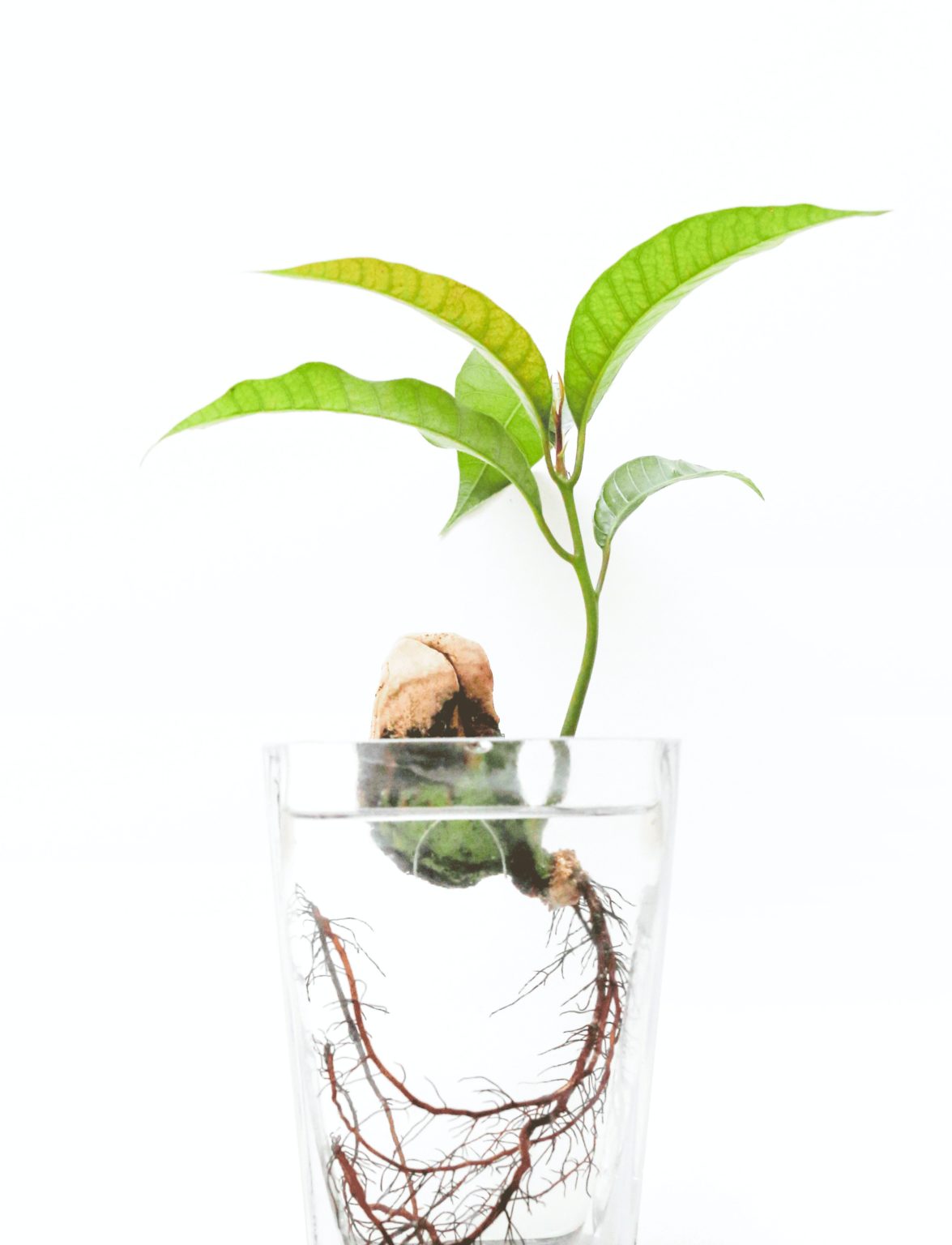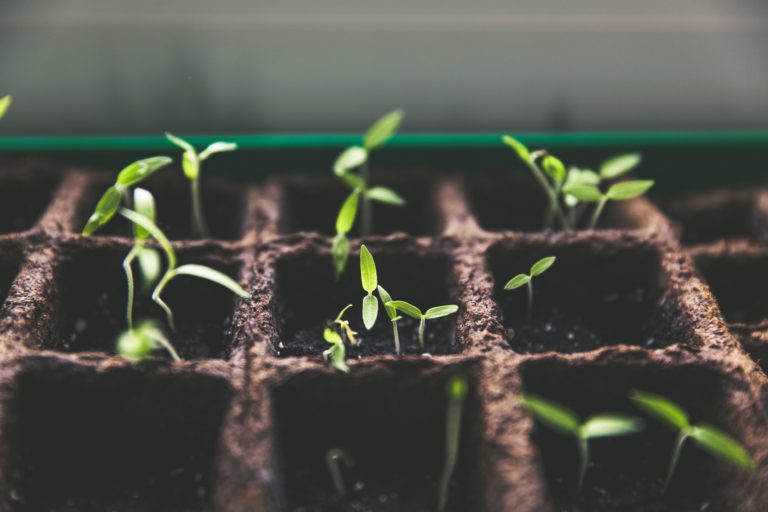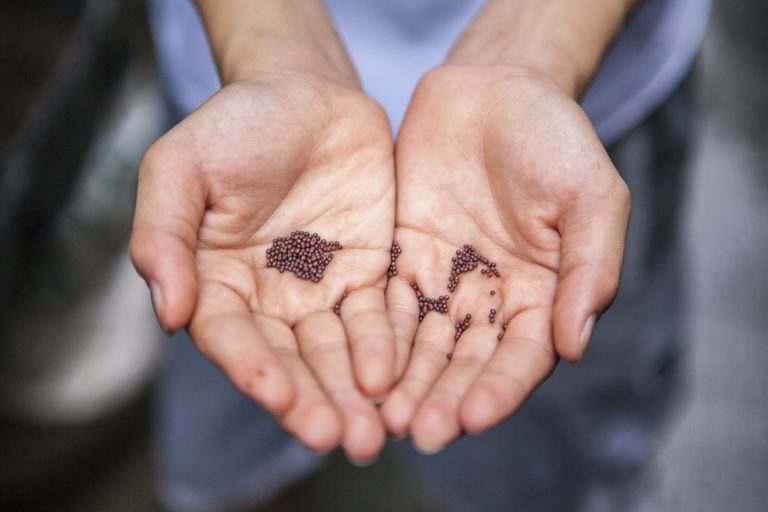Popular Q and A on Seeds
The parts of a seed include the embryo, the endosperm, and the seed coat.
Seed germination is the process by which a seed begins to grow into a new plant.
Some seeds can remain dormant for many years, and in some cases, even centuries.
Factors that can affect seed germination include temperature, moisture, light, and soil conditions.
Seeds can be dispersed by wind, water, animals, or other means.
A seed bank is a facility that stores seeds for conservation and research purposes.
The oldest known seed to have successfully germinated is a 2,000-year-old date palm seed.
Seeds are used for food in many ways, such as eating them raw, roasting them, grinding them into flour, and pressing them for oil.
The world’s largest seed is the coco de mer, which can weigh up to 50 pounds (23 kilograms).
The endosperm is a source of nutrients that helps to nourish the developing embryo in a seed.
A seed coat is a protective layer that surrounds the seed and helps to keep it from drying out or being damaged.
A monocotyledonous seed is a type of seed that has only one cotyledon, or seed leaf.
A dicotyledonous seed is a type of seed that has two cotyledons, or seed leaves.
Some plants have evolved to disperse their seeds in ways that ensure their survival, such as by producing seeds that stick to animal fur or are eaten by animals that then spread the seeds in their feces.
A seedling is a young plant that has grown from a seed.
Stratification is a process in which seeds are exposed to cold, moist conditions to simulate the natural winter conditions that many seeds require to germinate.
A seed bomb is a small ball or pellet made of soil, compost, and seeds that can be thrown or dropped onto barren land to promote the growth of new plants.
Seeds are used in traditional medicine for a variety of purposes, such as treating digestive disorders, reducing inflammation, and promoting sleep.

Interesting Facts on Seed
- A harvester ant can eat more small seed than any bird and mammal. These ants frequently forget where they stash seeds when they eat and are responsible for one third of Herbaceous.
- A seed will always grow the right way up even if it is planted upside down
- A date palm seed is the oldest viable seed that has grown into a plant and is estimated to be 2000 years old.

Do you know?
Seeds are reproductive structures produced by plants.
Seeds contain an embryo, which can develop into a new plant.
Most seeds are surrounded by a protective coat, which helps to keep them from drying out or being damaged.
Seeds can be dispersed by wind, water, animals, or other means.
Some seeds can remain dormant for many years before they germinate.
Germination is the process by which a seed begins to grow into a new plant.
Seeds are an important source of food for both humans and animals.
Many seeds are used to produce oils, such as sunflower oil, canola oil, and sesame oil.
Some seeds are used to make flour, such as wheat flour, cornmeal, and rice flour.
Seeds can also be used to make beverages, such as coffee, tea, and cocoa.
Some seeds have medicinal properties and are used in traditional medicine.
Seeds are an important part of biodiversity, as they allow plants to reproduce and adapt to their environments.
Many seeds have evolved to be dispersed by specific animals, such as birds or rodents.
Some seeds are poisonous, such as those of the castor oil plant.
The oldest known seed to have successfully germinated is a 2,000-year-old date palm seed.
Seed banks are facilities that store seeds for conservation and research purposes.
Seeds are used in many cultural and religious traditions around the world.
Some seeds, such as those of the lotus flower, can remain viable for hundreds of years.
Many modern crops have been bred for their seeds, such as corn, soybeans, and wheat.
it is estimated that there are more than 300,000 species of plants in the world, each of which produces many seeds. This means that there are likely billions or even trillions of individual seeds available in the world.
From little seeds, grow mighty trees.
